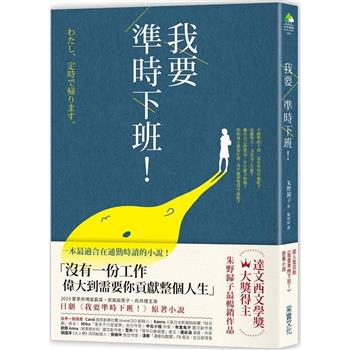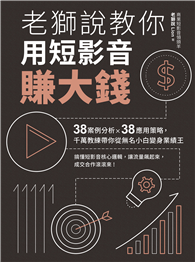Presenting a detailed reinterpretation and reconstruction of the political thought of Niccolò Machiavelli, Machiavelli and the Politics of Democratic Innovation uses original readings of Machiavelli’s texts to develop a new theoretical model of democratic practice. The book critically and creatively juxtaposes certain concepts drawn from Machiavelli’s work in order to produce new political insights.
Christopher Holman identifies two unique ideas in Machiavelli through his rearrangement of Machiavellian concepts. The first, drawn primarily from The Prince, is an image of the individual human being as a creative subject that seeks the exteriorization of desire via political creation. The second, drawn primarily from The Discourses on Livy, is an image of the democratic republic as a form of regime in which this desire for creative self-expression is universalized, all citizens being able to affirm their psychic orientation toward innovation through their equal access to political institutions and orders. Such institutions and orders, to the extent that they function as media for the expression of a fundamental human creativity, must be arranged so that they are capable of continual interrogation and refinement. In the final instance, a new ethical ground for the normative defense of democratic life is constructed, one grounded in the orientation of individual beings toward novelty and innovation.












